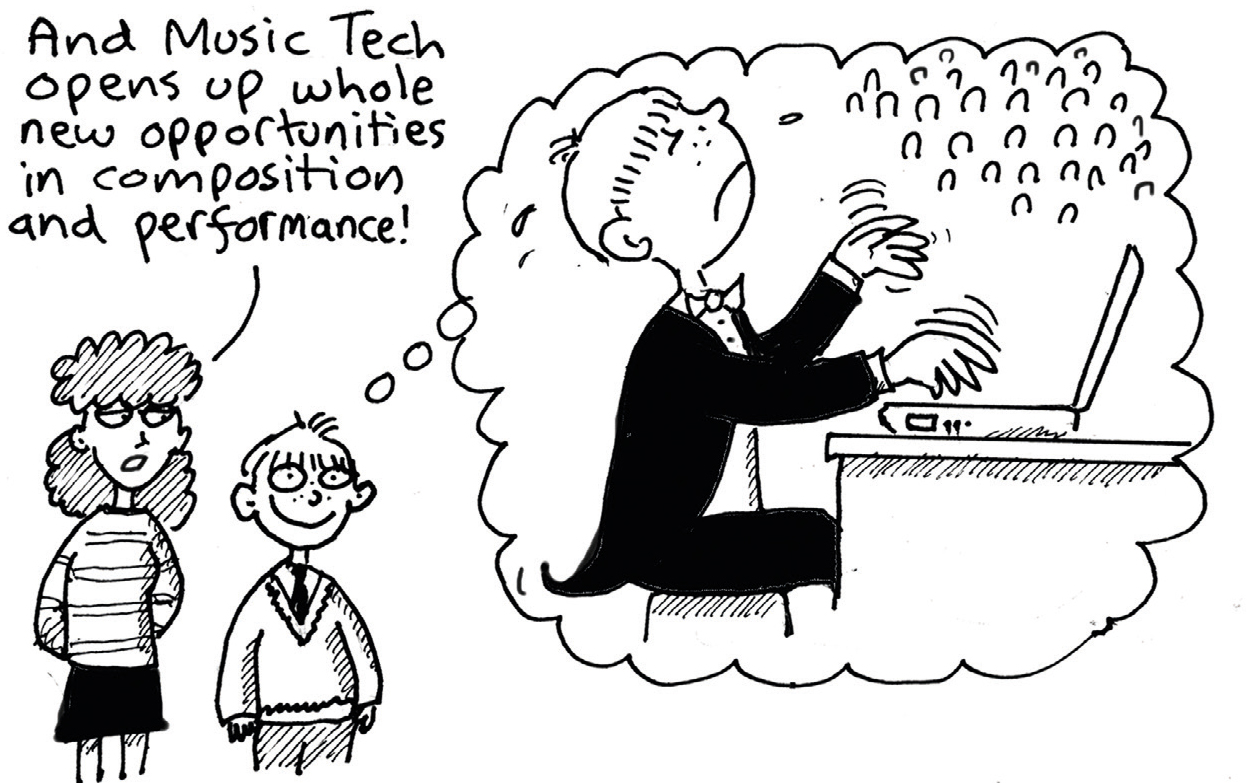
We sing another day
What a relief that the BBC is to reconsider its initial resolve to remove the BBC Singers from its payroll – following a vital offer of funding from private organisations. The BBC Singers are the UK's singular full-time professional choir, which has served the public since 1924. The proposed cull put at risk what amounted to 20 full-time posts, counting singers and administrative colleagues. The blow came as part of a raft of wider lay-offs in the BBC's classical music provision, including a 20 per cent reduction in salaried posts across the BBC Symphony Orchestra, Concert Orchestra and Philharmonic. ‘We are looking to reset our relationship between salaried and freelance musicians', Simon Webb, the BBC's head of orchestras and choirs commented in the midst of the kerfuffle.
The planned cut of the choir gave rise to strong opposition from campaigners of the BBC Singers, not only in Britain but in Europe and elsewhere. One petition alone, co-ordinated by the freelance choral conductor Jack Apperley, based in London, elicited in excess of 150,000 signatories. High-profile musicians among their number have made their outrage known: Julian Lloyd Webber and Sir John Eliot Gardiner among many others. What's more, Sir Simon Rattle warned of his steering clear of the Proms in response to the redundancies.
Let us not justify music and the arts purely in terms of their transferability and the advantages they bring to other aspects of people's lives. Let us justify them on their own terms. While people in the US hold on to more of their income, they are encouraged to donate to charities with not inconsiderable tax allowances. This paradigm of social policy is not so much public subsidy as vital civic expenditure. It forms the bedrock of a democratic, enlightened and liberal society on whichever side of the pond one resides.
- Emeritus Professor Kit Thompson
Virtual non-reality
Having read Karen Marshall's letter in last month's issue, regarding the extremely sad demise of so many of our nation's music shops, I felt I must write to support all she says. I had the pleasure to be in Edinburgh a few weeks ago and visited the Rae Macintosh Musicroom – a major music store, also about to close. I spent a short while there and was amazed at the number of customers passing through, both browsing and making purchases. There was no doubt that this was a very active and vibrant shop. The staff were wonderful and were giving really helpful and often invaluable advice to customers based on a deep knowledge of the market.
In addition, it is so important that all customers – whether teachers or parents of developing musicians, whether they are professional or amateur – have the opportunity to see and feel what they are proposing to buy. Seeing just a leaf or two, as is the practice online, is not enough. You need to hold a book to get a real sense of what it's saying to you, to get a sense of how your pupil will react to it when it's in their hands.
We live enough of our lives ‘virtually’, where only some of our senses are catered for. We must protect and nurture real things, now more than ever. Books and sheet-music are real, and connect with all our senses. A virtual world is just that, virtual. It's not enough.
We must find a way to save our music shops.
- Paul Harris, Northamptonshire

THE PERIS by Harry Venning








